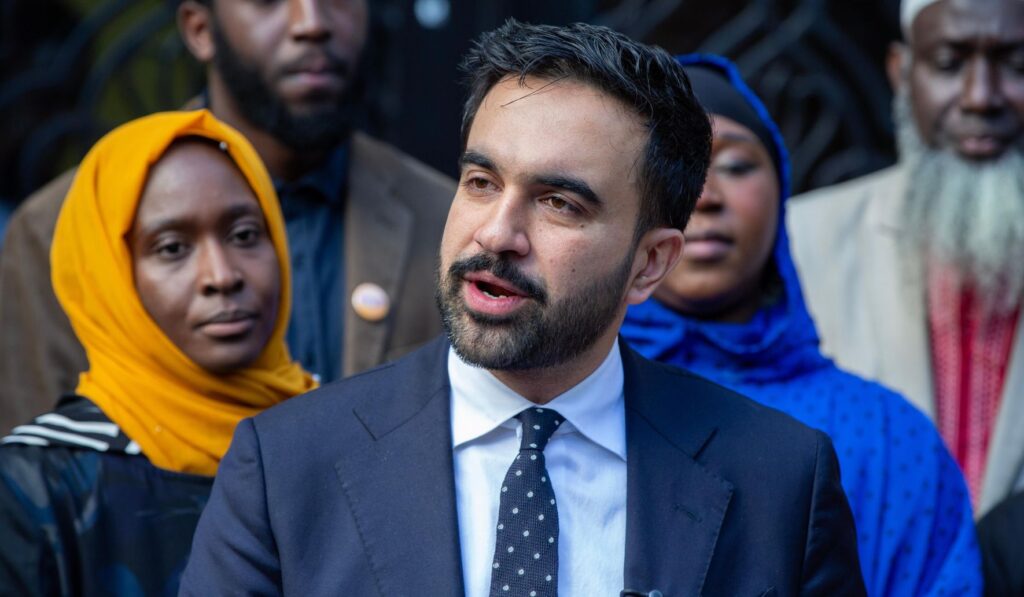New York City mayoral candidate Zohran Mamdani was called out for playing the victim card during a recent Bronx speech about Islamophobia, and the controversy has stirred sharp responses across the city. Critics argue his remarks leaned into identity politics instead of offering concrete solutions, while supporters say he was highlighting a serious problem. This piece lays out what happened, how different groups reacted, and why the episode matters for the mayoral race.
The Bronx speech put Mamdani squarely in the headlines by centering Islamophobia as the frame for his remarks, and many saw his tone as defensive. Opponents quickly accused him of weaponizing community concerns to shield himself from scrutiny, a tactic Republicans often condemn as political theater. Voters who want street-level fixes like safer subways and better schools said they were unimpressed by rhetoric that sounded more like a campaign line than a plan.
Locals at the event reported mixed reactions, with some applauding the spotlight on discrimination and others asking for specifics on policy. Community leaders pointed out that highlighting bias matters, but it has to come with clear proposals for police reform, hate-crime enforcement, and school safety. From a Republican angle, calling out a real problem does not excuse sidestepping accountability for public policy choices that affect everyday life.
Media coverage amplified the moment, turning a neighborhood speech into a citywide talking point almost overnight. Conservative commentators framed the episode as another example of identity politics driving campaigns instead of competence, and they questioned whether Mamdani could deliver on broader governance. Those criticisms emphasized the need for candidates to translate moral language into measurable results and real budgets.
Campaign insiders say the pushback has forced Mamdani’s team to clarify his agenda, but the damage from the “victim” framing is already part of the narrative. Political operatives note that when a candidate leans heavily on victimhood, opponents can make that the story of the campaign, crowding out policy substance. Republicans argue that voters are tired of emotional appeals that deflect from performance metrics they can judge at the ballot box.
Civic groups weighed in with practical demands, urging all candidates to lay out timelines, funding sources, and accountability measures for addressing hate-driven violence and discrimination. Those requests are not partisan; city residents want detailed plans that link community safety to enforcement and services. From a conservative perspective, solutions should focus on law and order, community partnerships, and transparent budgeting rather than identity-first messaging that risks dividing neighborhoods.
The exchange in the Bronx also exposed larger tensions in urban politics: how to handle cultural and religious concerns without turning them into campaign shields. Critics on the right see political actors using sensitive topics to avoid scrutiny of records and policy trade-offs, while supporters see moral urgency. The challenge for any mayoral hopeful is to show leadership that reduces real harms without treating complex governance as a platform for grievance politics.
At stake is credibility. Voters will judge whether Mamdani and others can move from speeches to measurable action that improves daily life—cleaner streets, safer transit, better schools—rather than relying on emotional frames to galvanize support. The Bronx moment was a reminder that rhetoric can grab headlines, but outcomes win elections, and Republican voices will keep pressing for accountability and clear, results-oriented plans.



